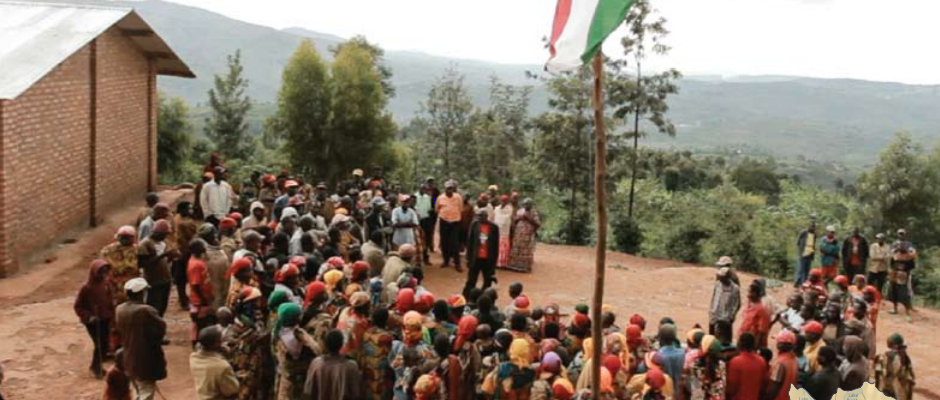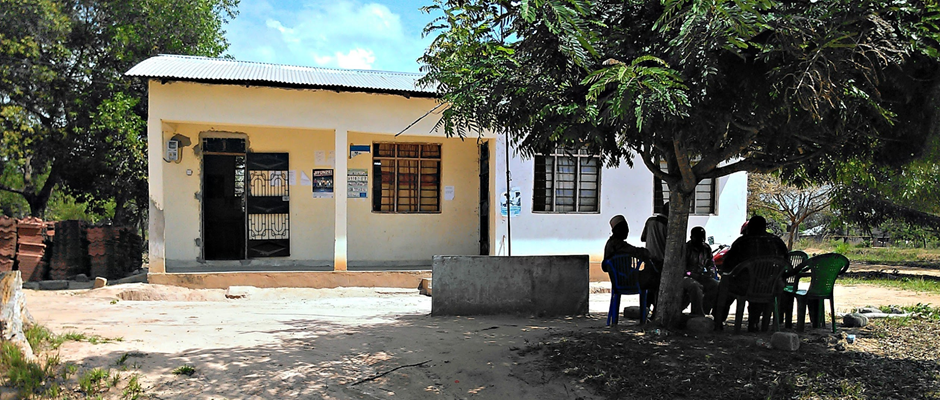
The famous song performed by Shakira at the opening of the 2010 FIFA World Cup in South Africa was just translating the new appetite for Africa that is rising up in the mindset of many Africans and the international community.
It is time for Africa, when one considers the demographic growth of the continent that will be the most populated region of the world by 2050 with a population of over 2.0 billion people out of which 1.3 billion will be urban dwellers. The African population is also the youngest across the World with more than 50% of people under the age of 19. The labour force of the continent will be tripled between 2000 and 2050, rising from 400 million to 1.2 billion.
It is time for Africa given the huge endowment of the continent in untapped natural resources at a moment when the emerging economies are parching for raw materials and commodities, and when climate change is pointing attention on the limits of the planet for accessing mineral and agricultural resources, and for extending the ecological footprint of human activities.
It is also time for Africa as the leadership of the continent is launching a foresight exercise tagged as Agenda 2063, the Africa We Want, championed by the African Union, and aiming at defining the most appropriate route to get the continent right in terms of the improvement of the living conditions of the African People, the unity, integration and development of the continent.
But it will be time for Africa only if and when the continent would have made a drastic change in its public governance system for the better, which in turn would contribute to building trust between the government and the people. Trust between government and the people is the cornerstone to reinforcing the legitimacy of the State.
In order to sustainably effect any change in public and democratic governance system on the continent, one should start with improving the governance of the local territories. It is at the local level that public authorities are better placed to negotiate a new social and territorial contract that will allow for the deepening and consolidation of democracy and, through planning practices, reconcile the citizen with long term and foresight thinking.
Reforming public governance at the local level supposes that greater attention is given to the central role of local governments as the public authorities closest to the people, which have the responsibility to initiate and conduct any dialogue and negotiation with the local stakeholders on the way to ensure access to basic services for all, adopt a partnership approach in the management of local matters, and agree on the performances assessment of public policies at the local level. Such dialogue and negotiation generally results in the emergence of a more participatory governance system, favourable to a more responsive citizenry.
However one should also be mindful that local governments are at the confluence of tensions between the forces stemming from the dynamic of modern State, and those stemming from the local social fabric which legitimacy derives from local social capital networks and their capacity to mobilize the populations for any endeavour in economic, social, cultural development. This simply means that the realization of the Agenda 2063 is closely related to the way these tensions are addressed and resolved at the local level, in order that all living forces can effectively be mobilized around the public authorities to make the Agenda 2063 a reality for the majority of Africans.
Building the Africa We Want starting from the grassroots requests a complete change of mindset with regard to the policy and strategy to put in place for Agenda 2063 to effectively contribute to the development, integration and unity of Africa within the 50 years ahead. So far reflections on development and integration policies had taken national States and their interaction within the regional economic communities as point of departure. Hence the perception by most Africans that development is not really happening despite a growth rate averaging 5% witnessed on the continent over the past 15 years. In other words for most Africans development is either local because its impact translated in the improvement of the living conditions of the people where they live in, or it does not simply take place. A majority of Africans have also the feeling that they are put under house arrest since the borders of African States are the most difficult to cross in the world, despite the fact that they often separate the same people and the same communities sharing the same cultural background.
Africities Summit in Johannesburg, South Africa, on 29 November to 3 December 2015 will be a rallying point for all African stakeholders and their friends and partners, determined to see Africa taking a more positive route towards her sustainable human development and her rightful place and voice in the world, at a moment when the international community is defining the global agendas that will guide the international cooperation for the 20 years ahead, be it around sustainable development goals, climate change, financing for development, or the new urban agenda. In that sense Johannesburg 2015 will be the moment and the place of Africa’s new beginning, since it will allow all stakeholders of the continent to contribute to the content and the implementation strategy of Agenda 2063. Shaping the future of Africa from the grassroots with local governments as fulcrum will without any doubt give a strong impetus to the movement of integration, unity, and development in Africa, which will nurture a feeling of hope and self confidence in African youth, and contribute to the forthcoming emergence of the Africa of the Peoples beyond the Africa of the States inherited from colonial times.
Johannesburg 2015 will be truly the decisive point towards a more elevated sense of Africa’s freedom and autonomy, Africa’s pride for what she represents for the humanity, Africa’s self confidence and Africa’s trust.
See the original article at:
http://www.afriquelocale.org/en/news-and-events/news/item/536-it-s-time-for-africa




